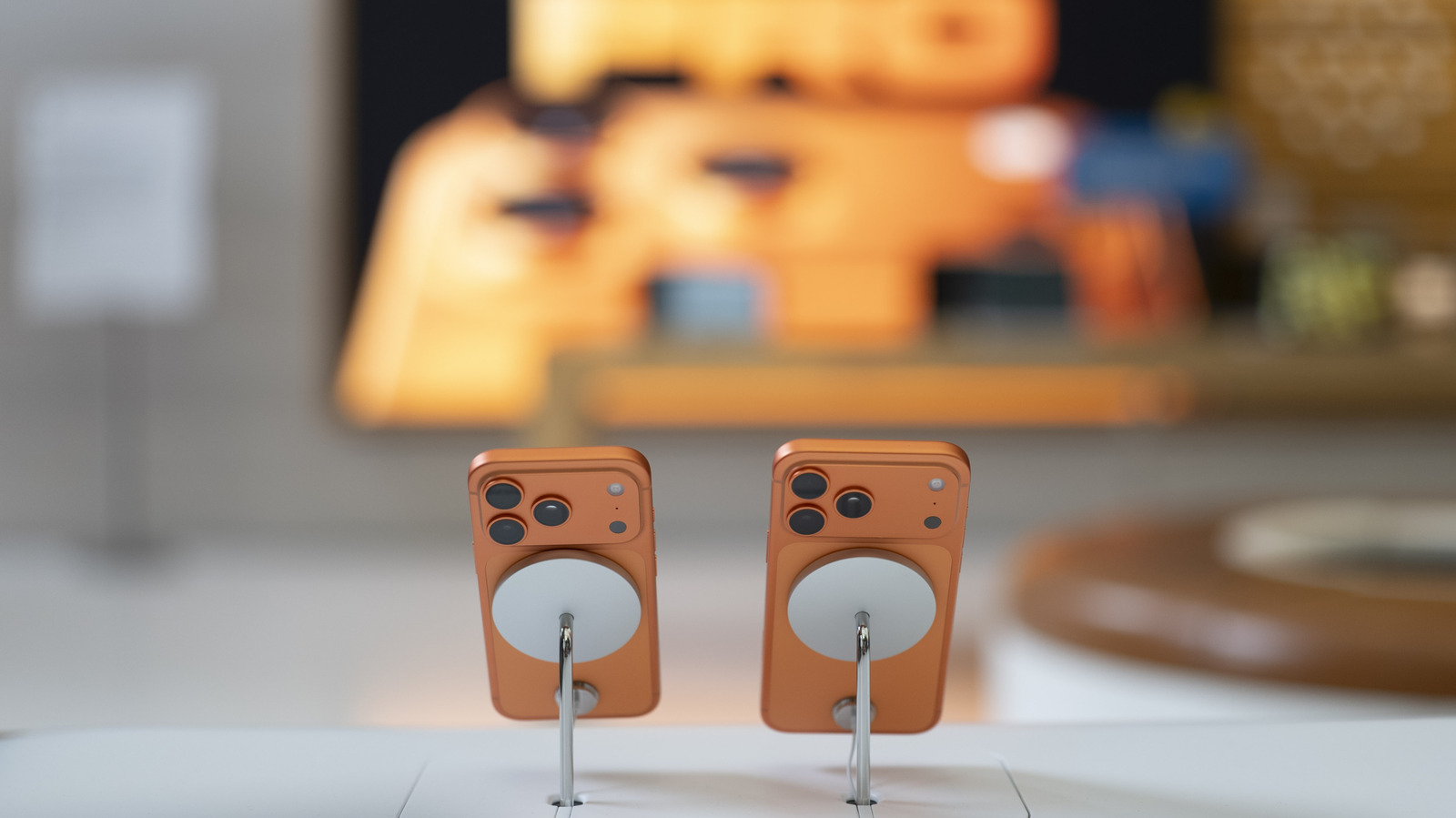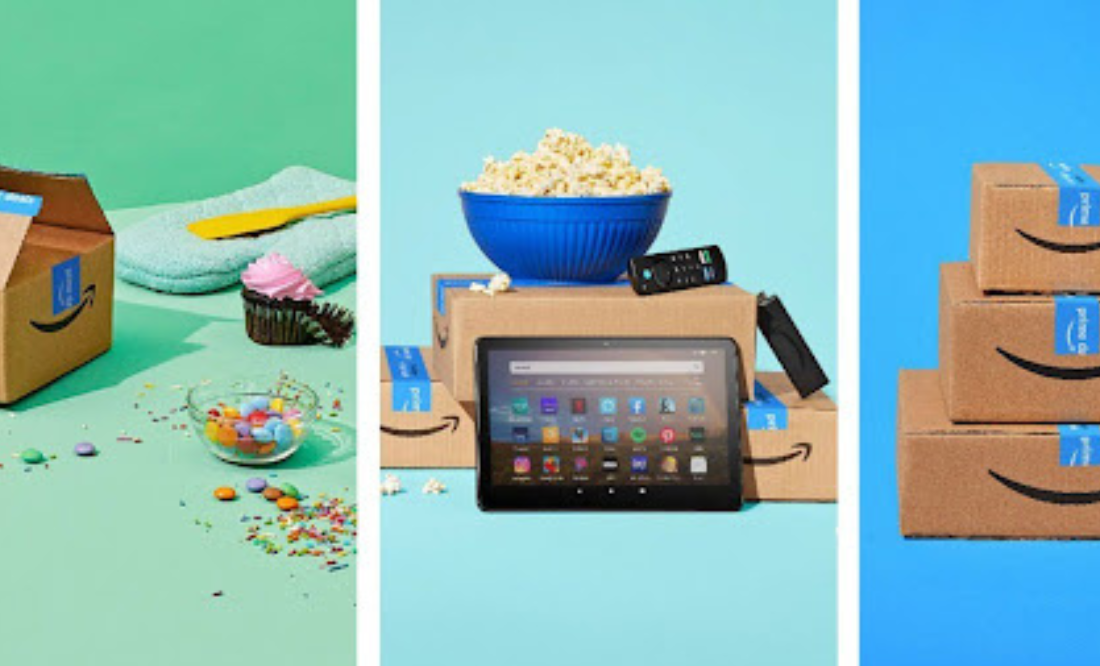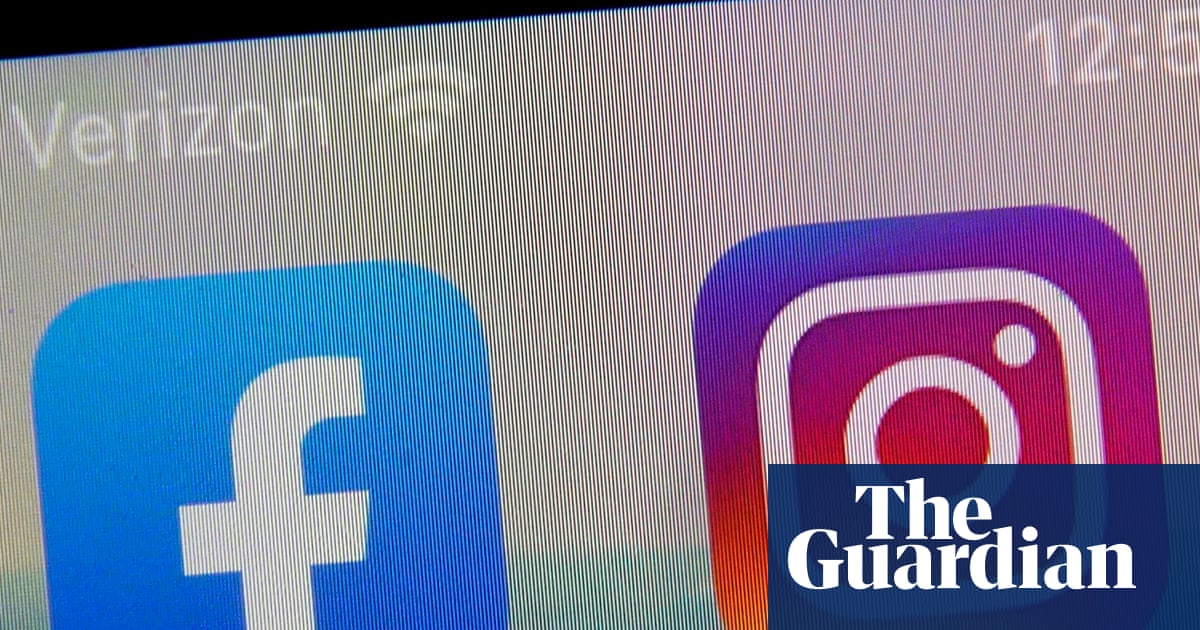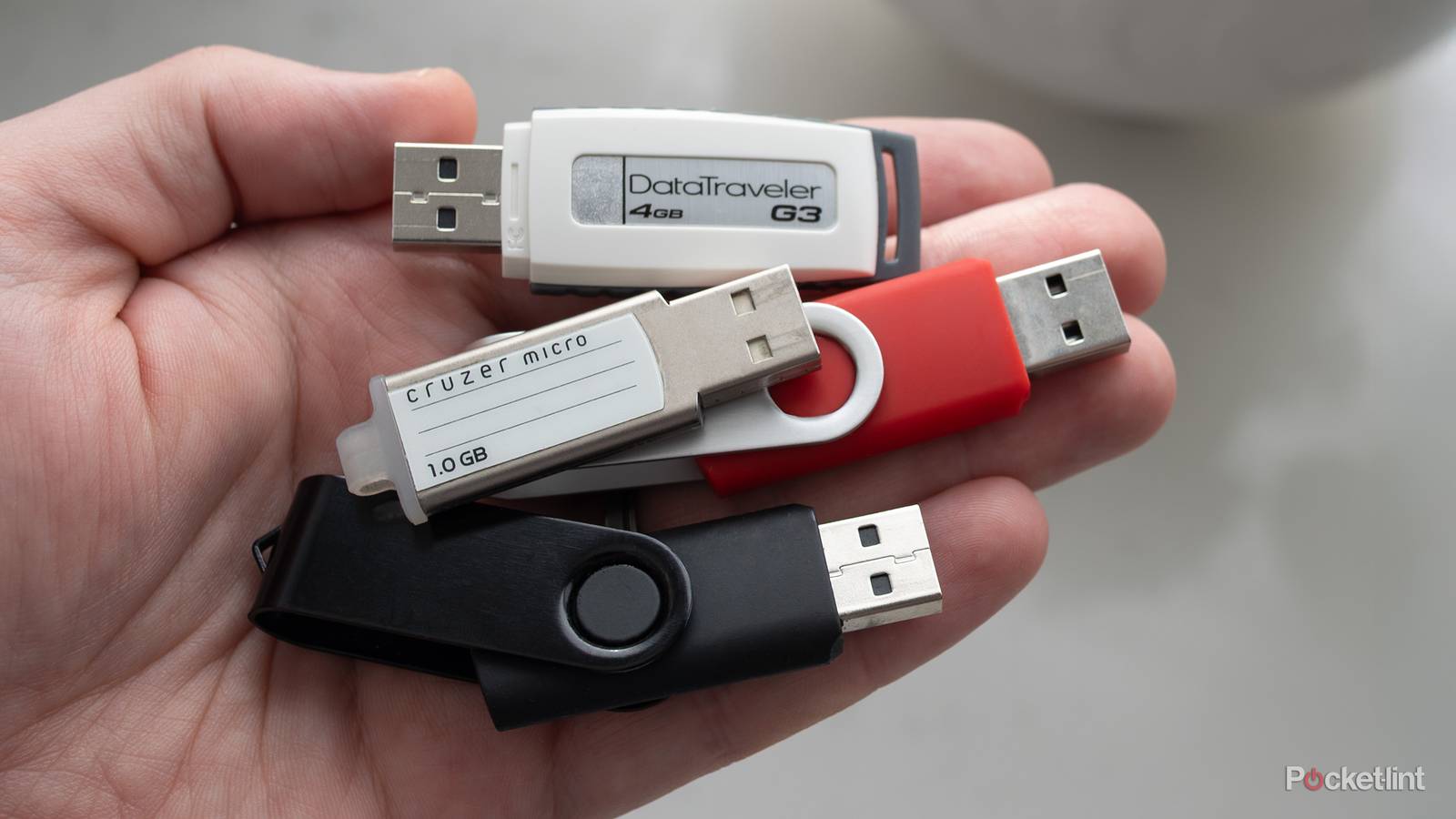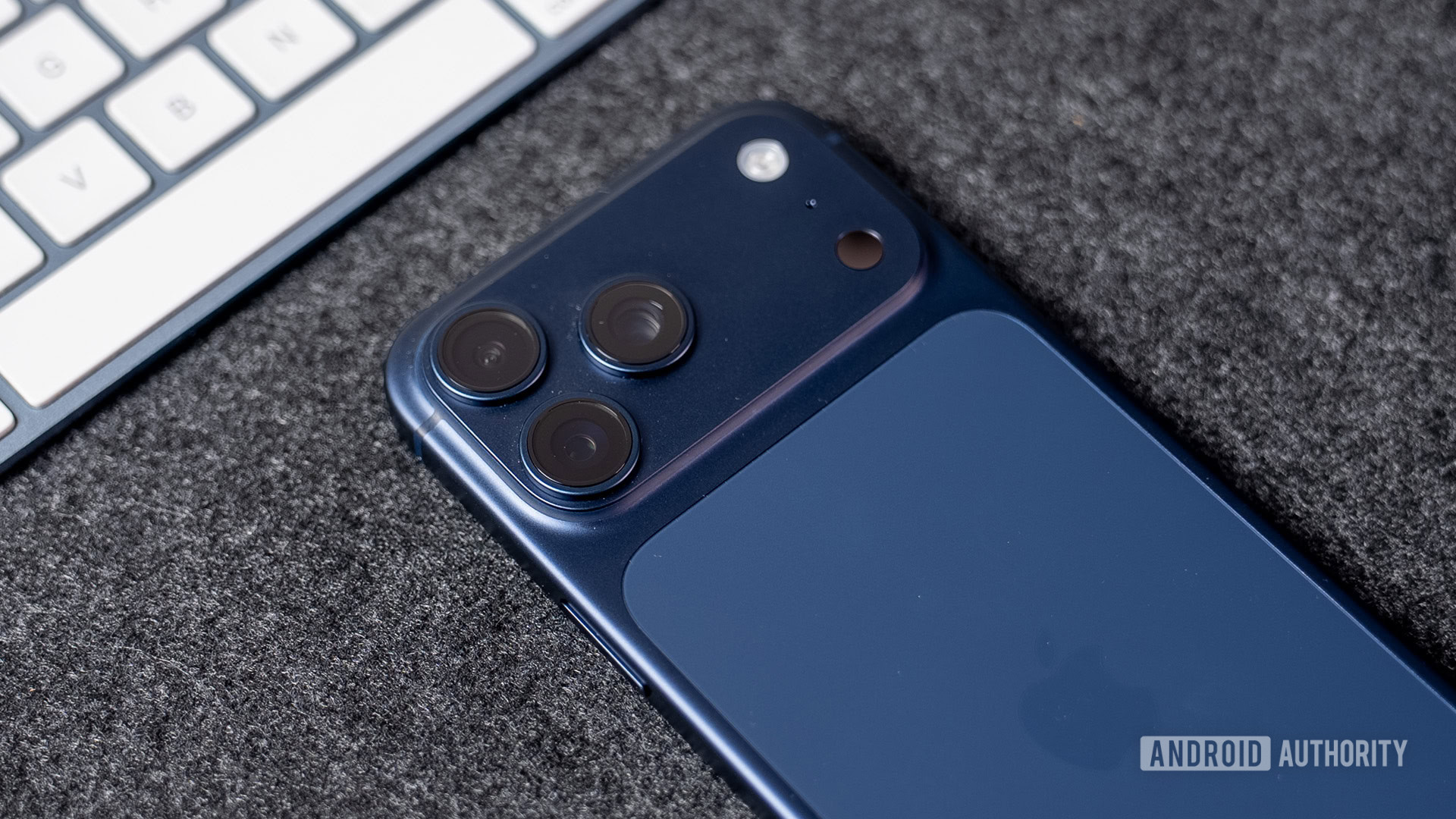This is a monthly column that runs down five interesting startup funding deals every month that may have flown under the radar. Check out our August entry here.
While AI startups continue to get the lion’s share of venture funding, this month most of the startups that caught our attention weren’t centered around artificial intelligence. Rather, they include a startup making a more environmentally friendly fertilizer, a mental health platform for new and expecting mothers, and a medical device company aiming to make a better insulin patch for people living with diabetes. Let’s take a look.
$85M for a cooler insulin patch
One of the companies that caught our eye this month is ViCentra, a Dutch startup with an insulin patch pump designed to look and feel more like a trendy tech gadget than a medical device. The Netherlands-based company raised $85 million in Series D funding in early September.
Its round comes as diabetes is becoming more prevalent worldwide, with the insulin pump market projected to reach more than $14 billion by 2034. Of that, patch pumps — small, tubeless devices that adhere directly to the skin and deliver insulin continuously without the need for external tubing — represent the fastest-growing market segment.
ViCentra makes Kaleido, a small, sleek, waterproof insulin patch pump that comes in an array of bright, sparkly colors similar to iPhone hues. The device also integrates with a cloud platform where users can track their glucose levels, sleep, and diet and exercise insights that they can then choose to share with doctors or family members.
“Kaleido is a true disruptor — small, discreet, featherlight, and beautifully designed,” ViCentra CEO Tom Arnold said in the funding announcement. “It empowers people with diabetes by offering a more personal and distinctive choice in both function and style. Built with empathy and precision, it honors those who live with diabetes every day. With this funding, we can now meet surging European demand and fast-track our entry into the U.S. market.”
The company’s Series D was led by new investor Innovation Industries, with matching participation from existing investors Partners in Equity and Invest-NL. Previous investors EQT Life Sciences and Health Innovations also joined.
Environmentally friendly fertilizer gets a $50M boost
We typically think of things like power plants, vehicles and industrial factories when we consider the top contributors to greenhouse gas emissions. A less commonly known culprit: agricultural fertilizers.
But fertilizers to grow crops — traditionally done through what’s known as the Haber-Bosch method — are estimated to generate more than 2% of greenhouse gas emissions. The Haber process produces ammonia by reacting nitrogen from the air with hydrogen (usually from natural gas) under high temperature and pressure, using an iron catalyst.
Ammonia is the key ingredient in most nitrogen-based fertilizers, making the process critical for large-scale crop production worldwide.
But while traditional fertilizers have enabled mass food production, they also create a lot of negative externalities. Among them are high energy use and emissions, resource dependency on natural gas for hydrogen, environmental degradation and biodiversity loss.
A San Francisco-based startup, Nitricity, has a different approach. The company this month announced $50 million in Series B funding and broke ground on its new organic fertilizer plant in California’s Central Valley. There, it will use renewable power to produce its organic, nitrogen fertilizer liquid, called Ash Tea, made from recycled organic almond shells, air and water.
The company says Ash Tea is cost-competitive with other commercially available organic fertilizers, but is more environmentally friendly and free from pathogens and animal products. Field trials of the product have reportedly shown up to 30% increases in yield.
Nitricity’s pilot factory in Fremont, California, currently produces 80 tons of fertilizer per year, which treats around 80 acres of crops. The company says all of its current production is spoken for and it has $150 million in its sales pipeline. The new factory is expected to begin operation next year and will mark a 100x production increase, according to the company.
“This is an inflection point for Nitricity. We’re scaling across the U.S. and we’re very excited to expand into Europe in a serious and assertive way. The European market for our organic fertilizer is even larger than in the U.S., and demand is only growing against a backdrop of European governments looking to boost resilience and create circular agriculture economies,” Nitricity co-founder and CEO Nicolas Pinkowski said in a statement.
Its Series B was co-led by new investor World Fund and returning investor Khosla Ventures. Other participants included Chipotle‘s Cultivate Next venture fund, Change Forces, Susquehanna Sustainable Investments, Energy Impact Partners and Fine Structure Venture.
$10.8M for a toothbrush that does the work for you
Toothbrushes haven’t changed much since the first electric one came on the market in the 1950s.
But ZeroBrush is one of a handful of funded startups working on changing how we clean our teeth with oral cleaning devices designed to be customized, more efficient and more effective. The Palo Alto, California-based company this month announced $10.8 million in funding to launch what it calls “the world’s first full-mouth oral cleaning device.”
The brush is fully automated, “cleaning all 192 tooth surfaces simultaneously with custom-fit, 3D-printed mouthpieces and sonic-powered bristles.” The company claims that early testing shows its device removes nearly twice as much plaque in half the time of manual brushing.
ZeroBrush was founded by cosmetic dentist Dr. Nidhi Pai and product innovator Akash Pai. Its investors include Social Capital and an unnamed “large CPG strategic,” angel investors and a Meta senior executive, the company said.
“ZERObrush is not just an incremental improvement — it’s a completely new category of oral hygiene that brings professional-level cleaning to everyday routines,” Dr. Pai said in a funding announcement.
The company is one of several funded startups working on custom oral hygiene devices. Another is Proclaim, which makes a full-mouth flossing device and has raised $15 million in funding.
$8M for better maternal mental health care
While bringing a new baby into the world is for most people a joyous occasion, it’s also often one of the most difficult and challenging experiences of a mother’s life. It’s not just the physical recovery that follows childbirth, either: In fact, perinatal mood and anxiety disorders affect an estimated 1 in 5 women, making them the most common complication of childbirth.
And yet, an estimated three-fourths of women diagnosed with postpartum mood or anxiety disorders never receive treatment, whether that’s due to perceived stigma, provider shortages, insurance limitations or other access issues. That lack of treatment can have devastating consequences: Suicide and overdose are the leading causes of maternal death in the U.S. in the first year postpartum.
This month, Seven Starling, a New York-based startup, said it has raised $8 million in new funding to expand its maternal mental health platform, focusing on treating women during fertility challenges, pregnancy, postpartum and early parenthood.
Rethink Impact led the round. Pear VC, Zeal Capital Partners, Magnify Ventures, Ulu Ventures, Expa, Fiore Ventures, March of Dimes, Rogue Women’s Fund and Graham & Walker also participated.
The company, which has now raised $22.4 million, per Crunchbase, said it already operates in 18 U.S. states and has partnerships with over 1,500 OB-GYNs. With the new funding, it plans to expand to more than 30 states by the end of 2026.
The company says it maintains in-network coverage with health insurers Anthem, Aetna, Cigna and United Healthcare, and has expanded coverage options including Medicaid programs in a growing number of markets.
“We saw an opportunity to build something different by working directly within the healthcare system rather than working around it,” CEO and co-founder Tina Keshani said in a statement. “Our provider-integrated approach ensures women get specialized care at the moment they need it most.”
$1.5M for a robot that doesn’t try to be human
Robotics funding recently hit a multiyear high, boosted by a billion-dollar round for humanoid robotics startup Figure.
But smaller startups working on robots — humanoid or not — are raising cash, too, many of them with industrial or workplace applications.
One of the latest is MicroFactory, which makes a tabletop robot designed to do repetitive manual work such as electronics assembly. The San Francisco-based company earlier this month announced $1.5 million in pre-seed funding from investors including Hugging Face co-founder Clement Delangue and early Uber and Twitter investor Naval Ravikant.
MicroFactory’s robots are priced around $5,000. Unlike the humanoid robots being developed by many funded startups, the company’s general-purpose bots are small enough to fit on a desktop, and in a compact-box-shaped frame.
Their robotic arms are designed to work with interchangeable tools and can perform tasks including precision soldering and screwing, cable routing, peeling adhesive films or plastic layers, and light-duty food processing and packaging.
“You don’t need a humanoid robot to automate tabletop work,” co-founder and CEO Igor Kulakov said in a statement. “Our robot design allows us to automate tasks with the current state of robotic AI models and hardware.”
Since they don’t need legs, complex human-like fingers, or batteries, MicroFactory’s machines are also much simpler — and cheaper — to manufacture than their humanoid counterparts, according to the company.
MicroFactory says it has secured paid reservations from more than 100 customers in industries ranging from electronics assembly and textiles to food processing and laboratory automation. The first units are expected to ship in early 2026.
Related Crunchbase queries:
Illustration: Dom Guzman
Stay up to date with recent funding rounds, acquisitions, and more with the
Crunchbase Daily.


